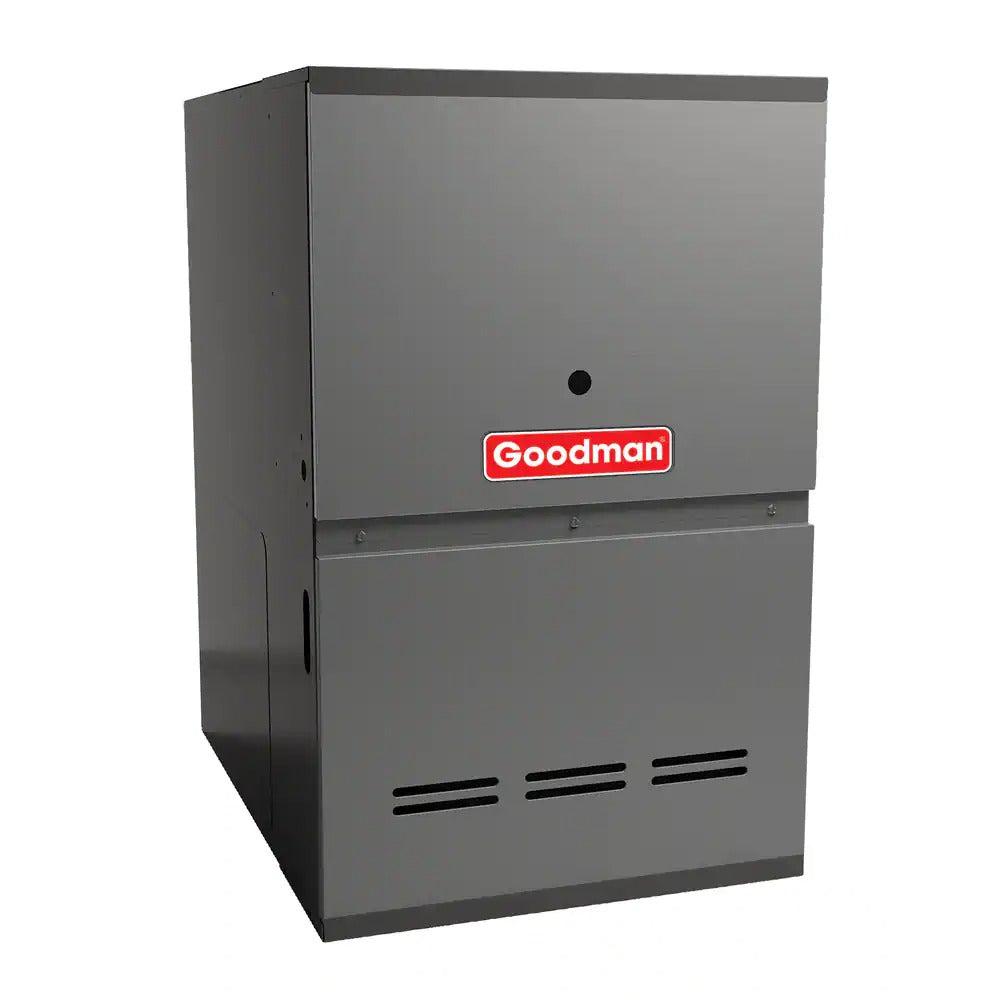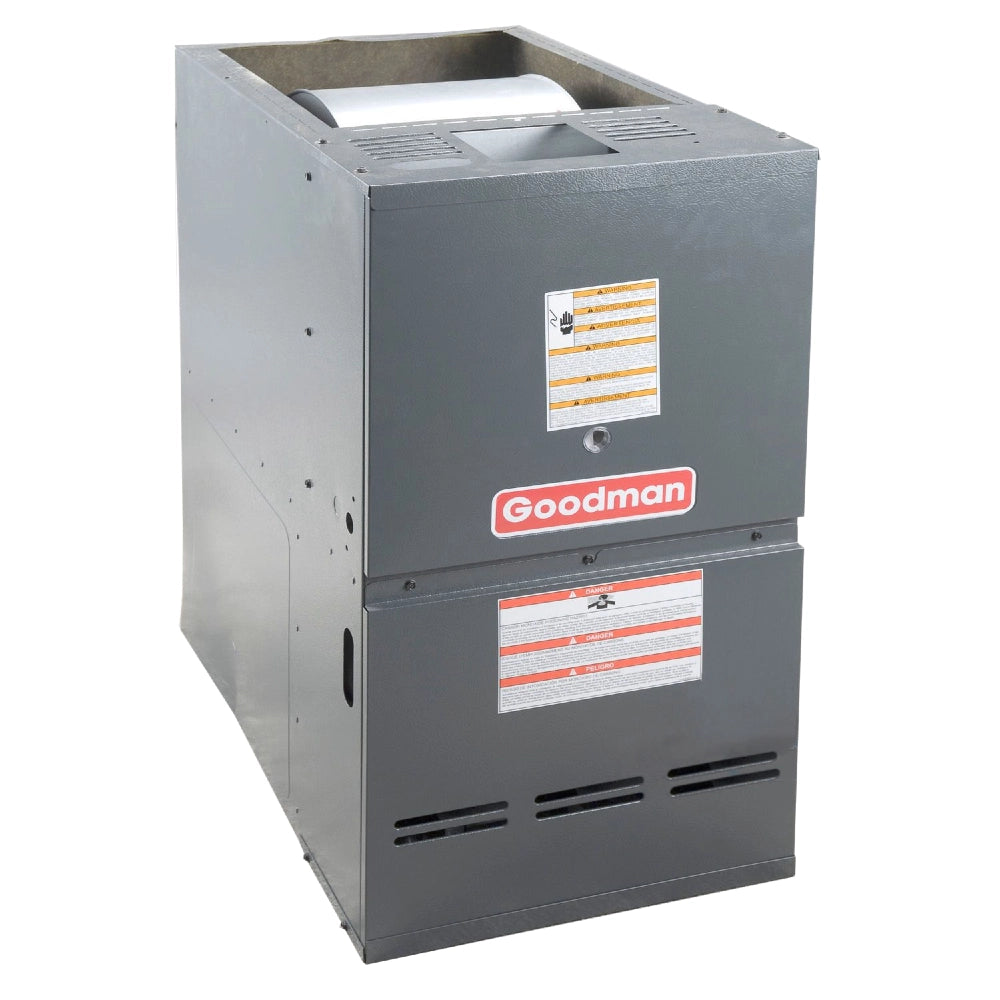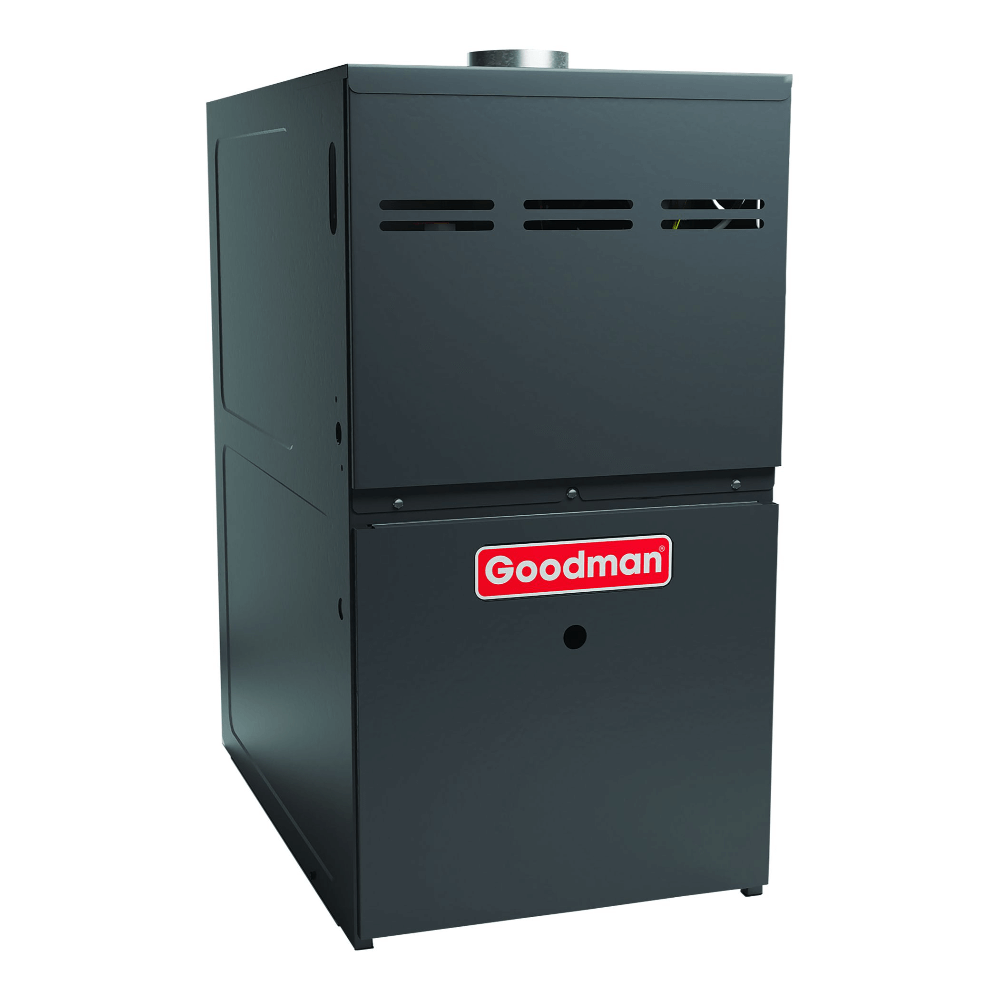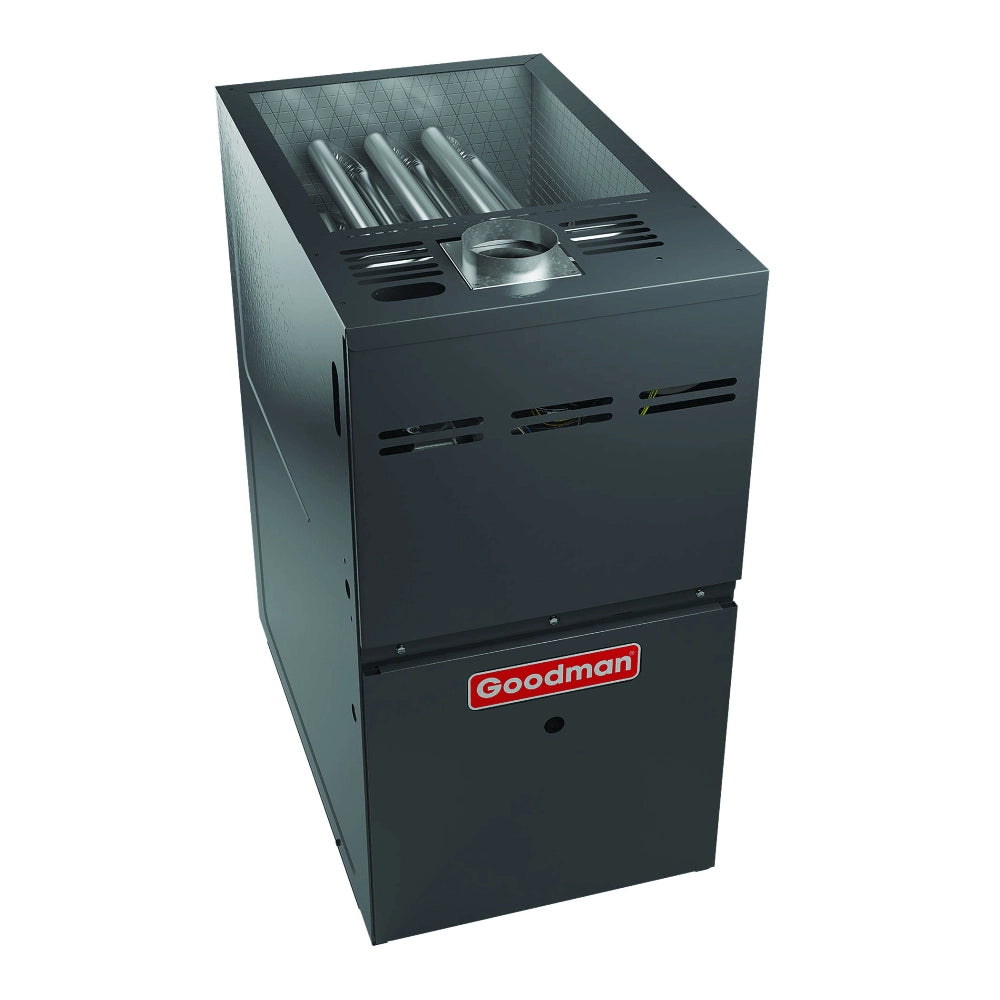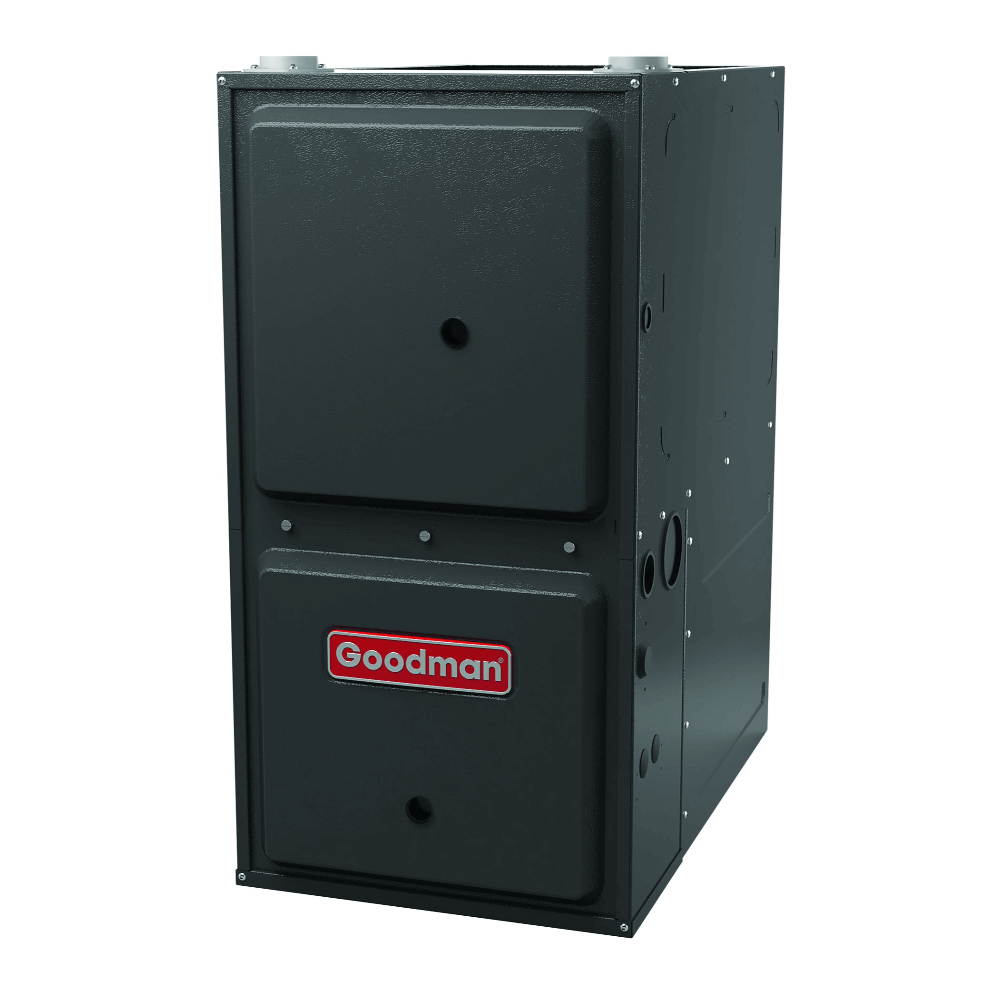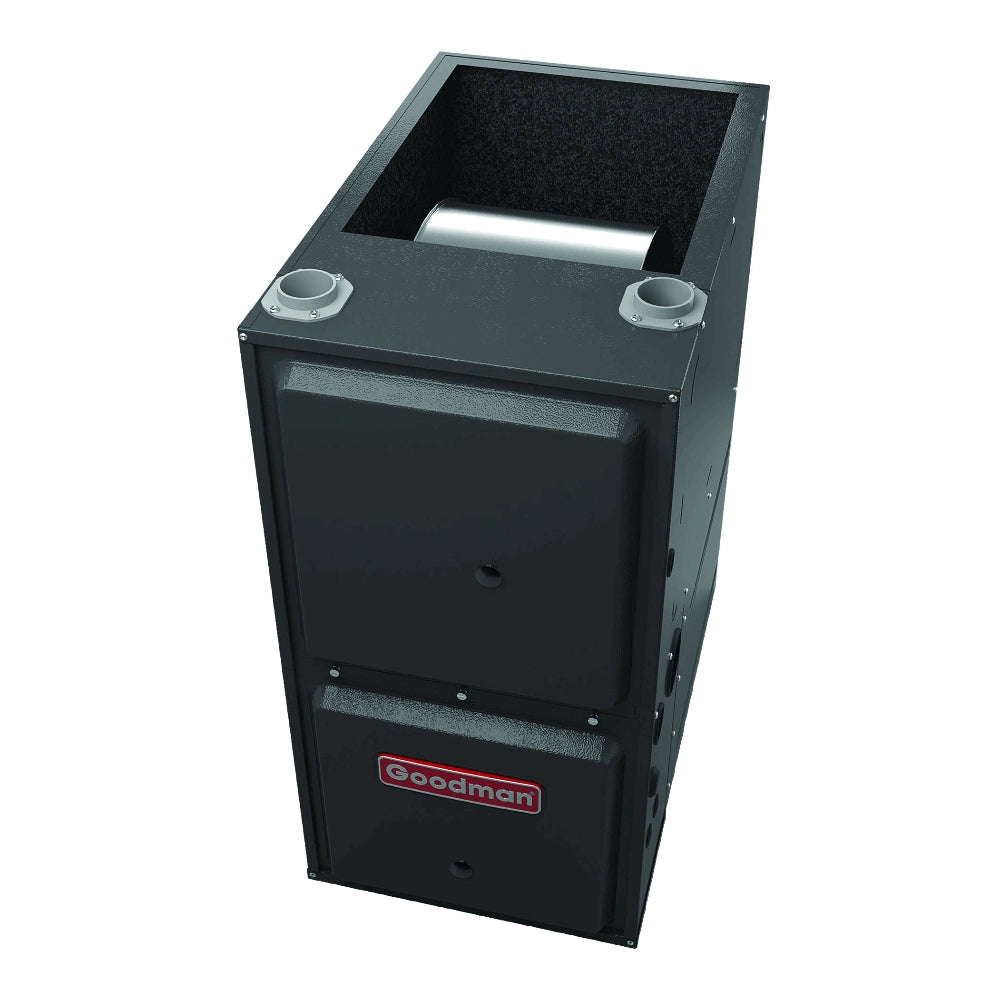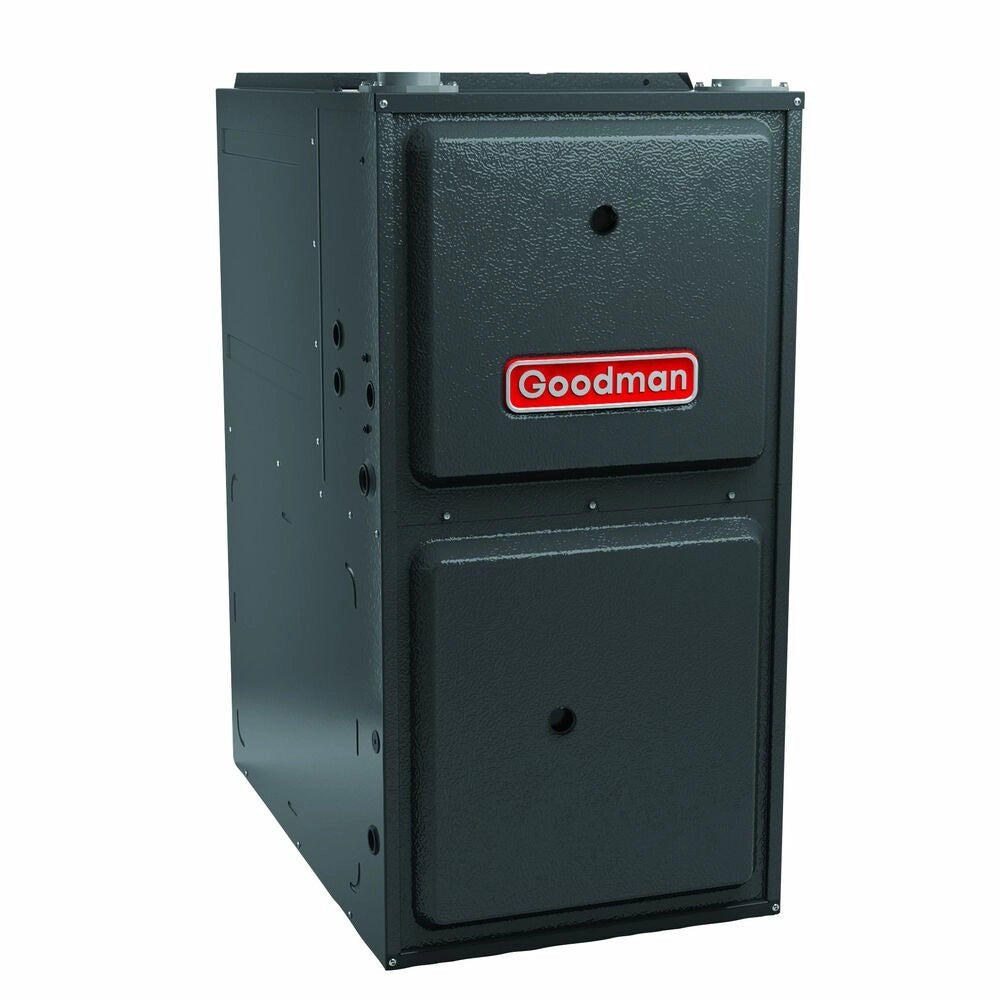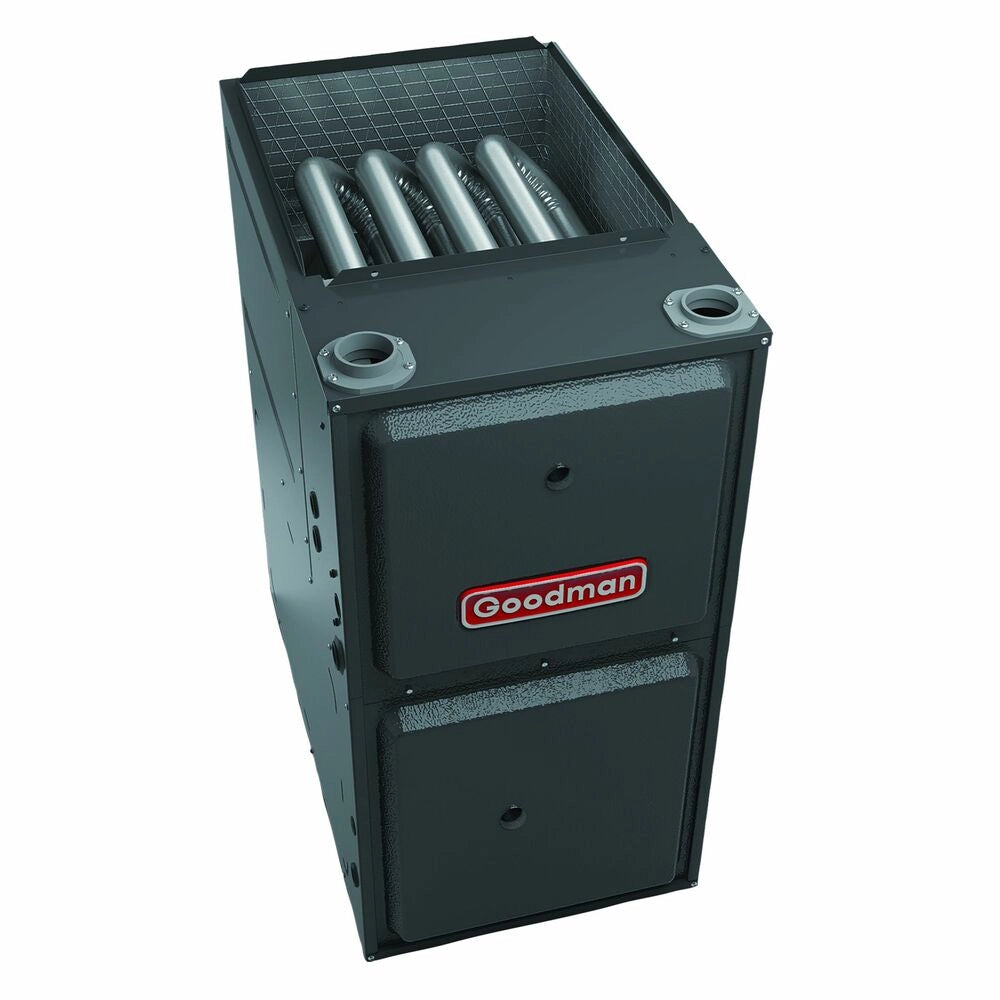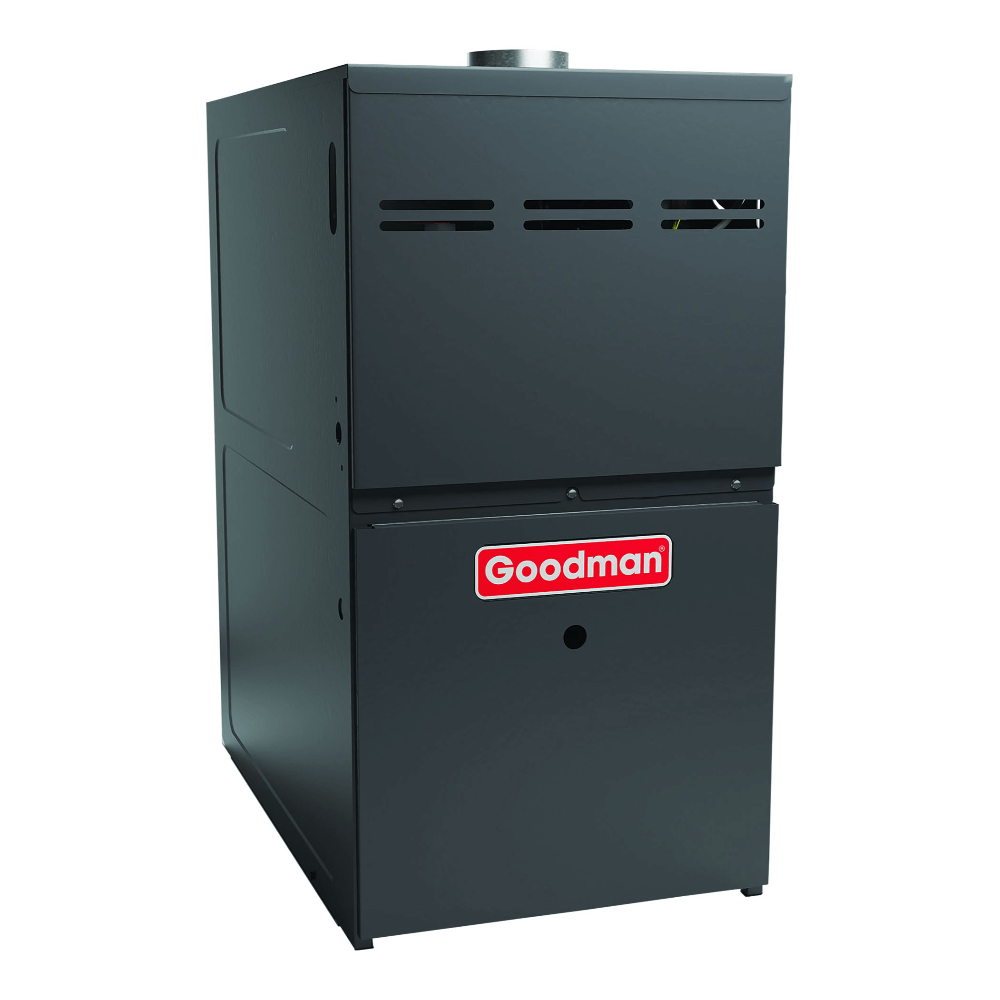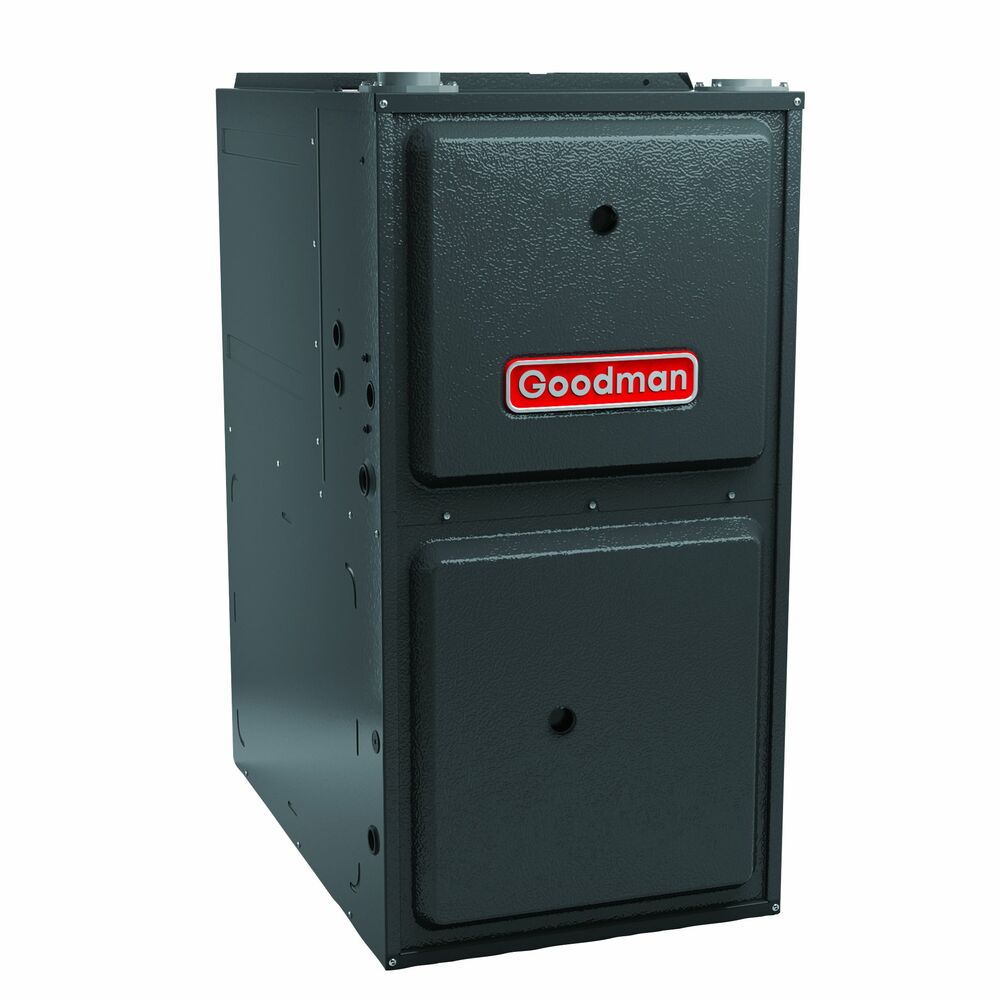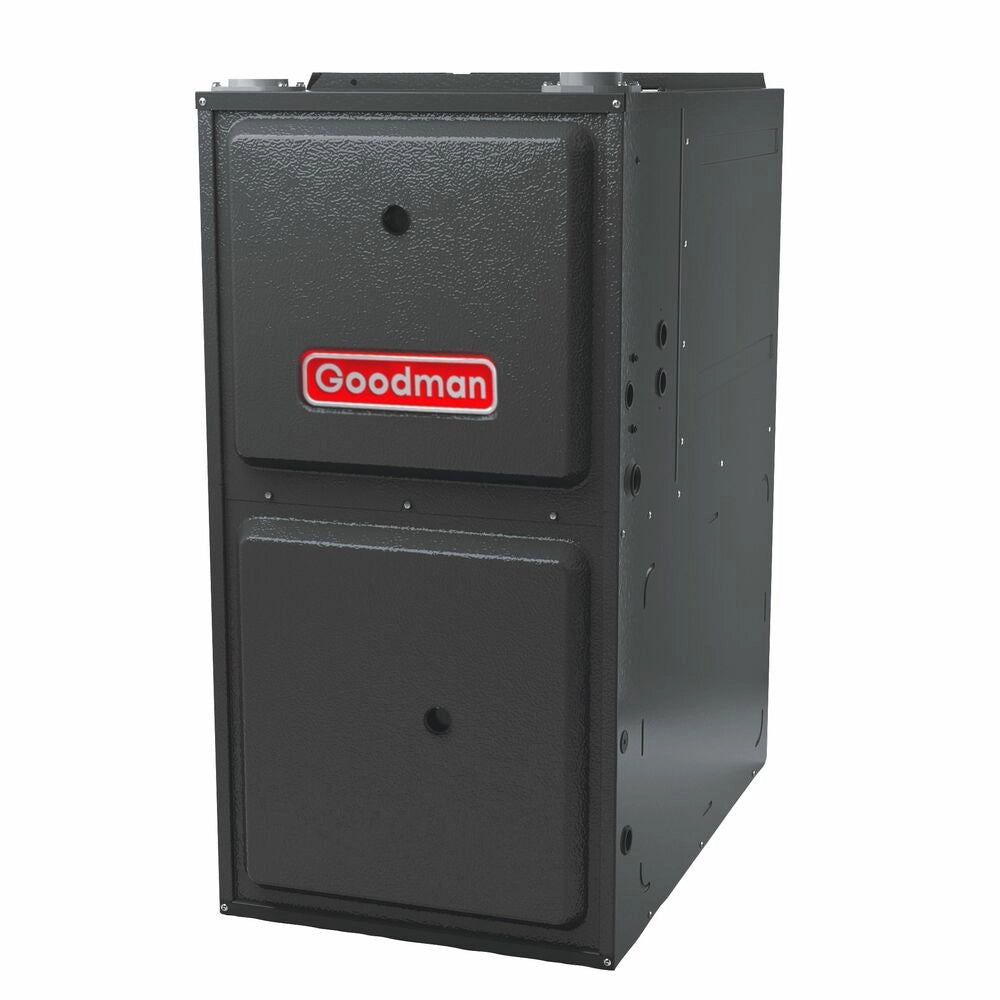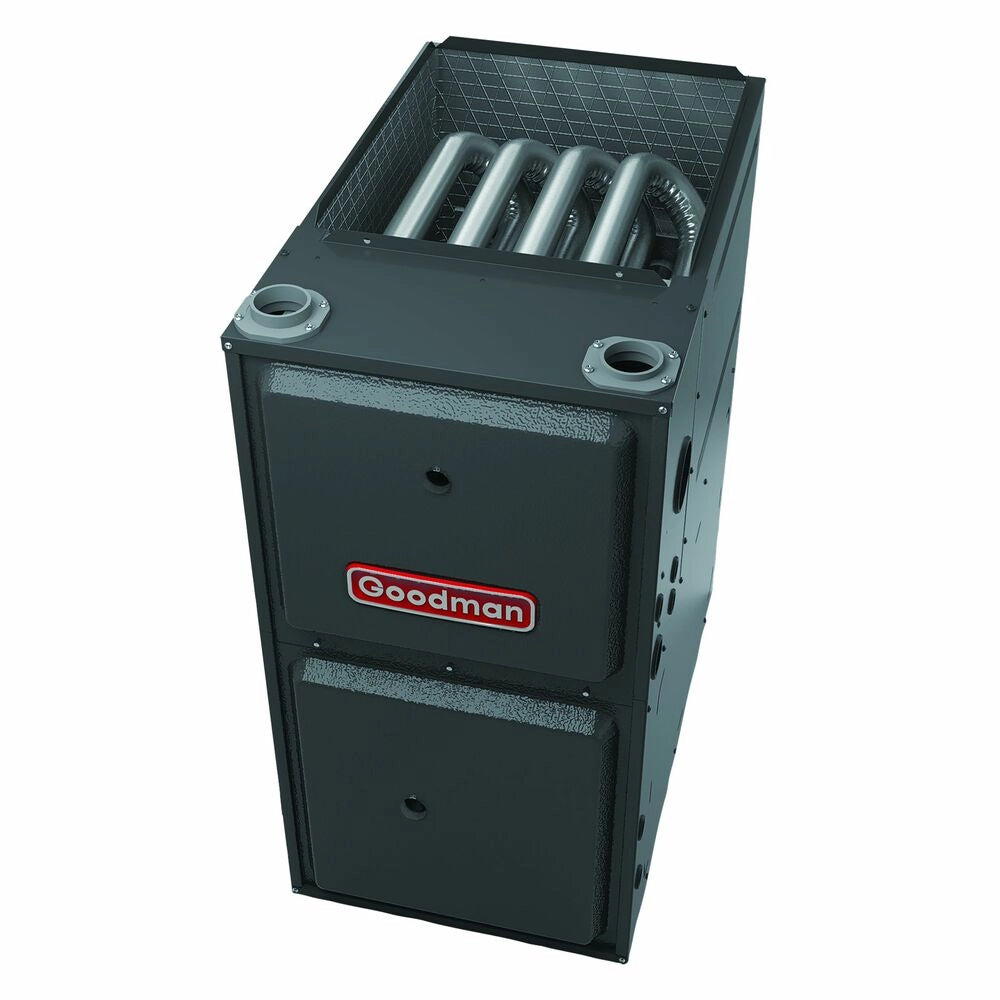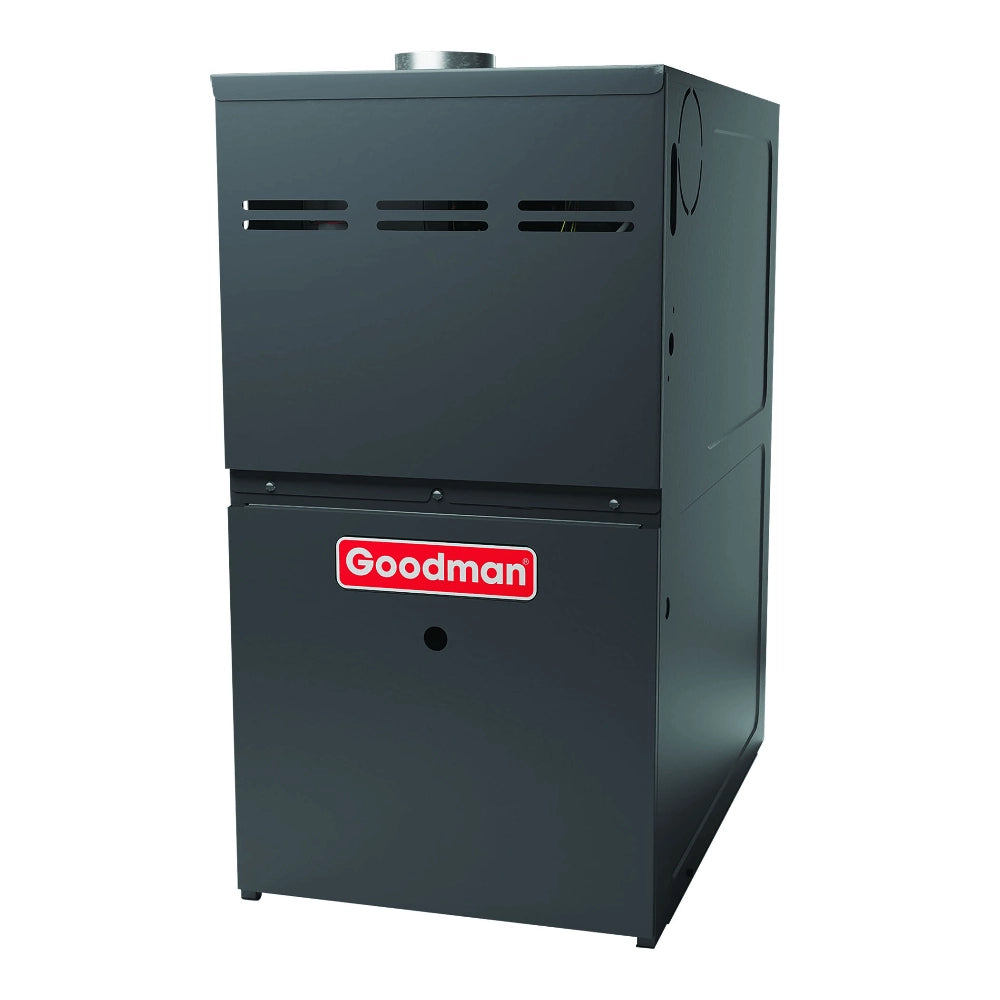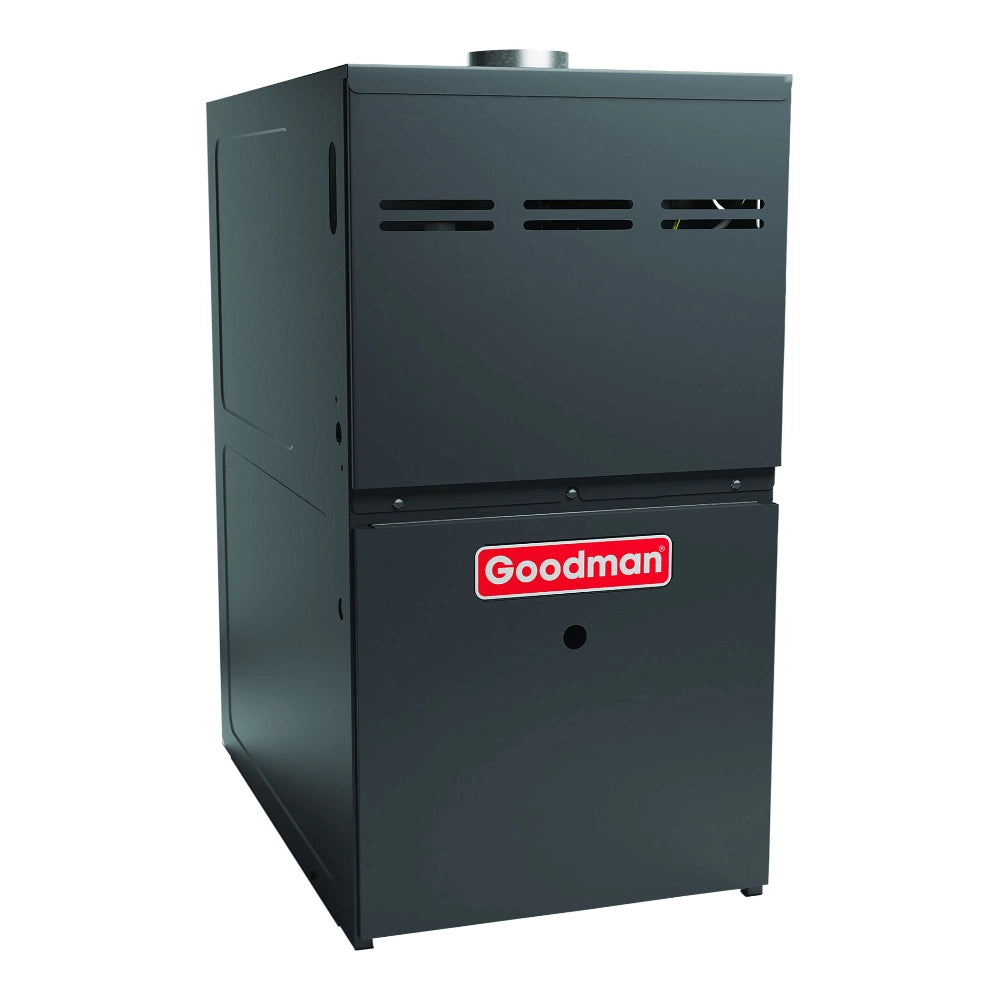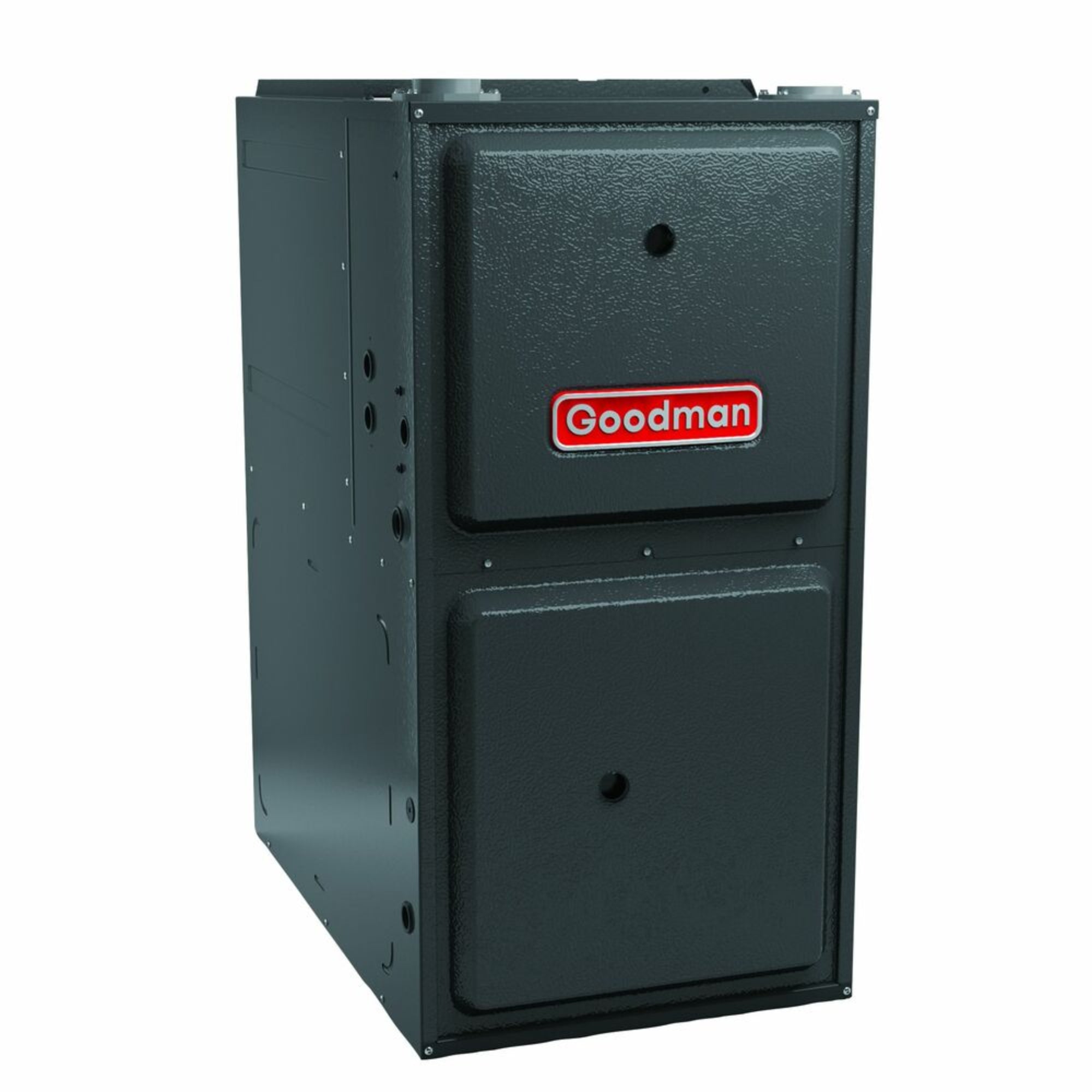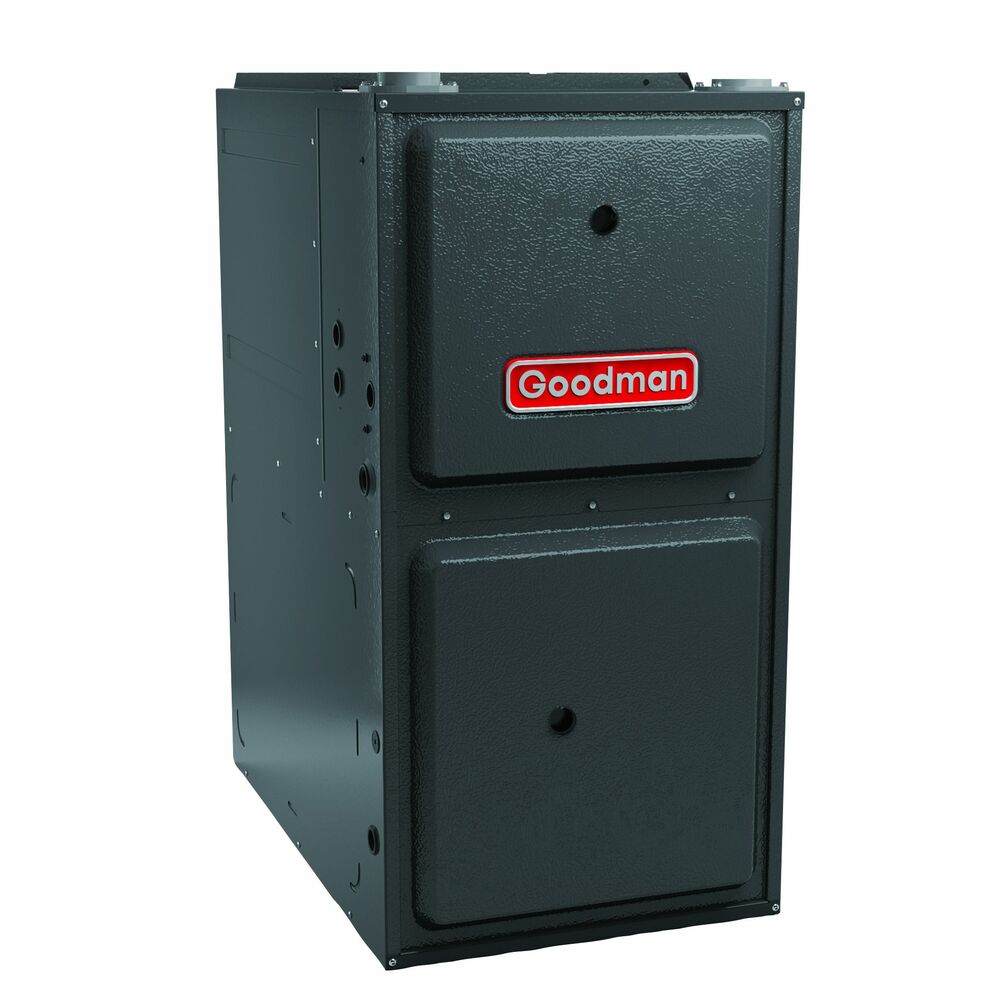gas furnaces
14 products
Showing 1 - 14 of 14 products
Gas Furnaces: Reliable and Efficient Heating Solutions
Gas furnaces are one of the most common and trusted types of heating systems, used widely in residential and commercial settings. They operate by burning natural gas or propane to produce heat, which is then distributed throughout the building via a ventilation system. Known for their reliability, efficiency, and ability to quickly warm indoor spaces, gas furnaces are an ideal choice for those living in colder climates where consistent and powerful heating is essential.
What is a Gas Furnace?
A gas furnace is a central heating system that uses natural gas or propane as fuel. The system consists of several key components, including the burner, heat exchanger, blower motor, and flue or exhaust vent. The furnace ignites gas in the burner, creating heat that warms the air passing through the heat exchanger. The blower motor then circulates this warm air through the ductwork and into different areas of the building, providing a steady and comfortable indoor temperature.
Gas furnaces are commonly rated by their AFUE (Annual Fuel Utilization Efficiency) rating, which measures the furnace’s efficiency in converting fuel into heat. Modern, high-efficiency gas furnaces typically have AFUE ratings of 90% or higher, indicating that 90% of the fuel is converted into usable heat while only 10% is lost through the exhaust.
How Does a Gas Furnace Work?
The process begins when the thermostat detects that the room temperature has dropped below the set level and signals the furnace to turn on. The furnace’s ignitor then lights the gas in the burner, creating flames that heat the furnace’s heat exchanger. Air from the home is pulled into the furnace, passes over the hot heat exchanger, and absorbs this warmth. The blower motor then pushes the heated air through the duct system and into the various rooms of the home.
The flue, or exhaust vent, is an important component of the system, allowing any combustion gases, like carbon monoxide, to safely exit the building. This ensures both efficient heating and safe indoor air quality. Once the desired indoor temperature is reached, the thermostat signals the furnace to shut off, completing the heating cycle.
Benefits of Gas Furnaces
-
High Efficiency: Gas furnaces, especially modern models with high AFUE ratings, are known for their efficient performance. They provide rapid heating and maintain consistent warmth, making them especially useful in areas with cold winters.
-
Cost-Effective Operation: Because natural gas is generally more affordable than electricity, gas furnaces are typically less expensive to run than electric heating systems. This makes them a cost-effective choice for long-term home heating, particularly in areas where gas prices are stable and lower.
-
Reliability and Longevity: Gas furnaces are known for their durability and reliability. With proper maintenance, they can last 15-20 years or longer, providing dependable heat season after season.
-
Rapid Heating: Gas furnaces produce a significant amount of heat very quickly, making them an excellent choice for cold climates. They heat air to a higher temperature than electric systems, so homes warm up faster, even on extremely cold days.
-
Environmentally Friendly: Natural gas burns cleaner than other fossil fuels, producing fewer greenhouse gases and emissions. Modern gas furnaces also come with energy-saving features and better exhaust management, making them a more environmentally friendly heating option.
Considerations When Choosing a Gas Furnace
When selecting a gas furnace, it’s important to consider the size and layout of the home, the furnace’s AFUE rating, and the local climate. Proper sizing is essential; an undersized furnace may struggle to heat the space adequately, while an oversized unit could lead to inefficient cycling and increased wear on components.
Modern gas furnaces often come with additional features such as variable-speed blowers, modulating gas valves, and programmable thermostats, all of which improve comfort and efficiency. A qualified HVAC professional can help ensure the furnace is correctly sized and installed, maximizing its performance and lifespan.
Conclusion
Gas furnaces are an efficient, reliable, and cost-effective solution for heating homes, particularly in colder regions. Their ability to provide consistent and rapid warmth makes them a popular choice for homeowners looking for dependable winter comfort. With modern advances in efficiency and cleaner-burning technology, gas furnaces offer both economic and environmental benefits. For those in need of long-term, efficient heating, a well-chosen and properly maintained gas furnace can be an excellent investment, providing warmth and peace of mind for years to come.
